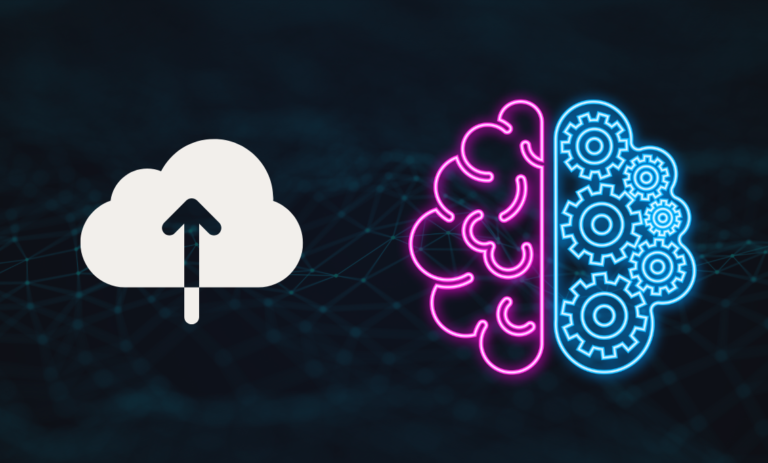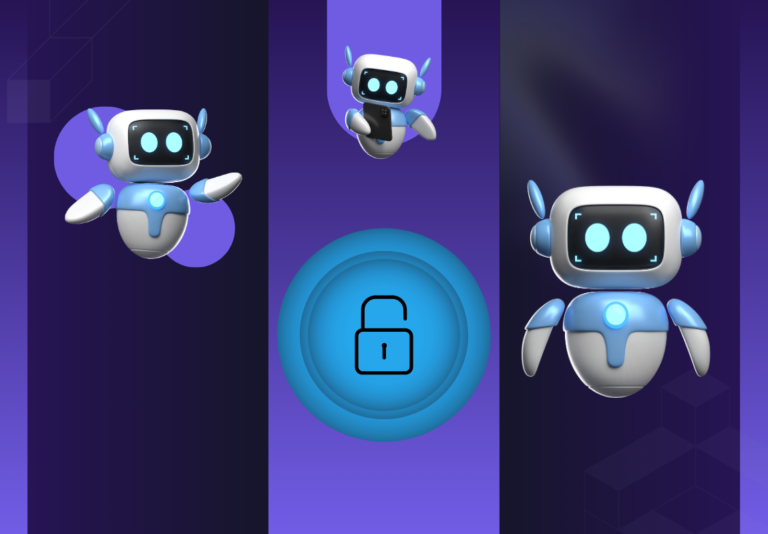Unable to Load History ChatGPT – How to Fix
OpenAI created ChatGPT, a sophisticated language model that generates coherent and contextually relevant natural language responses. It has grown in popularity due to its versatility, since it may help with a variety of applications such as discussion, content creation which is Unable to load history chatGPT, and issue-solving.
Importance of Understanding and Addressing the Issue
The ability to keep a conversation history is an important component of user interaction with ChatGPT. Users can refer back to previous encounters, which promotes discourse continuity and coherence. Addressing history loading difficulties is critical for improving the user experience and assuring ChatGPT’s continued usefulness and usability.
Technical Explanation of the History Feature
- Explanation of how ChatGPT processes and stores data: ChatGPT processes input data sequentially, creating a conversation history. However, challenges arise in efficiently storing and retrieving this information due to the vast amount of data generated in conversations.
- Challenges associated with loading chat history: The process of loading chat history involves accessing and presenting past interactions. Technical constraints and algorithmic complexities can impede this process, leading to delays or incomplete loading.
User Perspective
- Common user expectations regarding chat history users: typically expect chat history to load swiftly and comprehensively, allowing them to easily review and continue conversations.
- Impact on user engagement and satisfaction: Inefficient history loading can result in user frustration, decreased engagement that is unable to load history chatGPT, and overall diminished satisfaction with the ChatGPT experience.
Common Issues Faced
Loading Time Delays
- Causes and Implications Delays in loading history can be attributable to a variety of factors, including server load which is unable to load history chatGPT for algorithmic inefficiencies. These delays affect the user experience and might be frustrating.
- User displeasure and possible remedies Users who encounter delays may find the experience annoying. Implementing ways to reduce these delays, such as improving server performance, is critical for customer pleasure. To access additional information, please refer to this informative article chatGPT for stock trading.
Incomplete or Missing History
- Reasons behind data loss data: loss may occur due to technical glitches or limitations in storage capacity. Understanding these reasons is vital for developing strategies to minimize data loss.
- Strategies for enhancing data retention: Implementing measures to enhance data retention, such as optimizing storage mechanisms that are Unable to load history chatGPT and ensuring data integrity, is essential for delivering a reliable history feature.
Ho to Reslove “Unable to Load History”
Understanding the “Unable to Load History” Error
Before diving into the solutions, it’s crucial to understand what the “Unable to Load History” error means. Typically, this error occurs when a software application fails to retrieve historical data or conversation logs. This can be due to several reasons such as server issues, corrupt data files, network problems, or software glitches.
Solution 1: Check Your Internet Connection
Subheading: Ensuring Stable Network Connectivity
- Verify Connection: Ensure your device is connected to the internet. Check your WiFi or Ethernet connection.
- Restart Router: Sometimes, simply restarting your router can resolve connectivity issues.
- Test Network Speed: Use online tools like Speedtest by Ookla to check your internet speed. Slow speeds might hinder data loading.
Solution 2: Clear Cache and Cookies
Subheading: Refreshing Your Application Data
- Access Settings: Go to the settings of your web browser or application.
- Locate Cache Options: Find the section related to browsing data, often labeled as “Privacy” or “History.”
- Clear Data: Select the options to clear cache and cookies, then confirm the action.
Solution 3: Update the Application
Subheading: Keeping Software Up-to-Date
- Check for Updates: Open the application store or settings and look for any available updates for the software experiencing the issue.
- Install Updates: If an update is available, install it. Updates often contain bug fixes that can resolve loading issues.
Solution 4: Server Status Check
Subheading: Verifying External Factors
- Official Channels: Visit the official website or social media pages of the service provider to check for any notices about server issues.
- Third-Party Websites: Use websites like Downdetector to see if other users are experiencing similar problems.
Solution 5: Reinstall the Application
Subheading: Starting Fresh
- Uninstall the App: Remove the application from your device.
- Reinstall: Download and reinstall the application from the official source.
- Login Again: Enter your credentials to see if the history loads correctly.
Solution 6: Contact Support
Subheading: Seeking Professional Assistance
- Gather Information: Before contacting support, note down any error messages, screenshots, and a description of the issue.
- Reach Out: Use the contact information provided on the application’s website or in the app settings to get in touch with customer support.
Conclusion
The case studies provided demonstrate successful improvements like mechanisms that are unable to load history chatGPT, highlighting the positive effects on user happiness and engagement. These success stories act as beacons of progress, demonstrating the real advantages of ongoing development efforts.
FAQs
1. Why does ChatGPT sometimes experience delays in loading chat history?
ChatGPT may face delays due to a combination of factors, including server load which is unable to load history chatGPT in algorithmic complexities. Efforts are ongoing to optimize performance and minimize loading times.
2. How does ChatGPT process and store data Unable to load history chatGPT?
ChatGPT processes input progressively, resulting in a conversation history. However, given the large amount of information generated during talks, the problem is to store and retrieve it efficiently.
3. What are the common user expectations regarding chat history?
Users expect chat history to load swiftly and comprehensively. Ongoing development initiatives are focused on meeting these expectations, with improvements targeting speed and reliability.
4. How can users optimize their experience with ChatGPT’s history feature?
Users are recommended to set realistic expectations for loading times and to consider removing unneeded history on a regular basis to improve performance.
5. What technical challenges contribute to history loading issues, and how are they being mitigated?
Resource limitations, including computational constraints and algorithmic complexities, pose challenges. Developers are actively working on balancing functionality which is unable to load history chatGPT with resource efficiency and identifying bottlenecks for improvement.
6. How can users provide feedback on history loading issues and suggest improvements?
Users are encouraged to utilize designated channels for reporting problems and suggesting improvements, ensuring a collaborative approach to addressing concerns.
7. Are there success stories where history loading has been improved?
Yes, case studies demonstrate how history loading has been successfully optimized, leading to increased user satisfaction and engagement. These success stories demonstrate the positive results of continuous development efforts.







